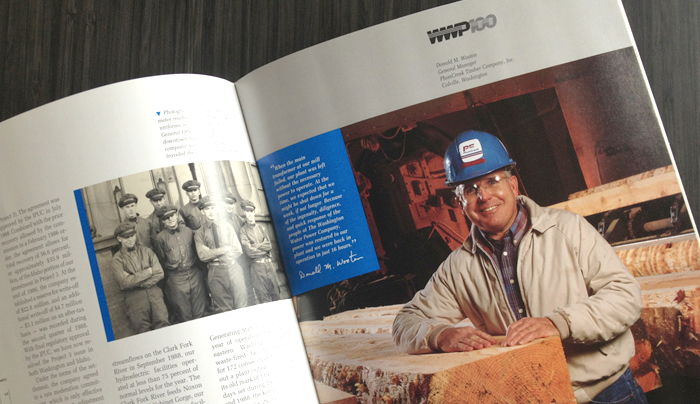Do you think that the Weird Al video I shared last week is funny? Kevin Gallagher, who refers to “garden-variety internet pedants” and “Strunk & White fundamentalists” in his article claiming that—get this—Weird Al is the humorless one, doesn’t like it one bit.
And if you do think it’s funny, well…you’re probably a racist. Lauren Squires reveals the sinister “linguistic discrimination” behind Mr. Yankovic’s parody:
…a little rumination on Weird Al’s violent reactions against “bad grammar” raises deep and longstanding questions of social equity regarding class, education, race, age, ethnicity, gender, and how these relate to languages, dialects, and social registers. There is ample research on these issues (which any sociolinguist could point you to), but the upshot is that the notion of “Proper English” typically serves to prop up the already-privileged speakers whose native language variety it is (sort of) based on. This puts speakers whose native language variety does not approximate “Proper English” at an immediate disadvantage in society, the same way that privileging Whiteness puts those who are not White at an immediate disadvantage in society. It is not the linguistic differences themselves that do this (just as it is not the racial/ethnic difference themselves that determine privilege), but the *attitudes* about them. This is why many linguists are having a hard time laughing with Word Crimes: to do so feels like complicity in an ongoing project of linguistic discrimination that intersects with class, race, and other kinds of discrimination.
You have to read the whole thing, if only to see for yourself what passes for higher education in this country.
For those who are ready to admit that they need help, there’s hope. And for Kevin, Lauren, and all the other dour descriptivists whose self-regard trumps everything else, Sergeant Hulka has a message:



